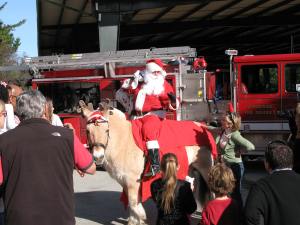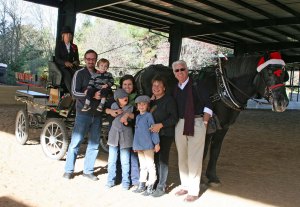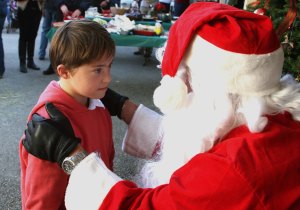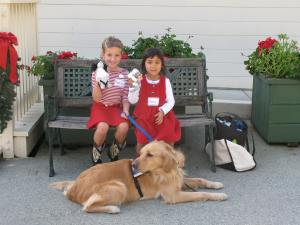Our facility is fundamentally positive. Without forethought or planning we look past life expectancies, prognoses, and symptoms. However, reality sometimes reaches in and shouts for our attention. Last year we shared the story of a little girl fighting for her future (http://nceftspeaks.wordpress.com/2012/07/24/be-worthy/).
She’s been missing lately, consumed with treatments and doctor’s appointments, too tired to climb aboard her horse. Last week her name reappeared on the schedule, stars and hearts decorating the margins around her appointment time. Just after lunch we heard the car door slam, feet barely touching the driveway as she ran for the office door. She breathlessly hugged each of us before dashing off to find her helmet.
She seems so real, so present and full of life that it’s hard to believe she’s anything but perfectly healthy. For a moment we can’t suspend reality and it instead pushes forward full bore, chugging its way down a seemingly immovable track. Then we serpentine and figure eight. She sits sideways and backwards, and finally picks up the reins, steering her horse in a cloverleaf around orange traffic cones. By the time she dismounts and hugs her horse goodbye you’ve found it again. The ability to see a little girl for what she truly is and not the challenges she’s facing.
Our job at NCEFT is to bring about change. Whether physical, cognitive, or emotional, we work each session not to cure but to help. We aren’t treating Down syndrome, Autism, or muscular dystrophy. We’re helping people, children and adults who are more than medical charts, little girls who love horses and will fight tooth and nail to be strong enough to climb the mounting block each week.





